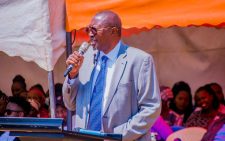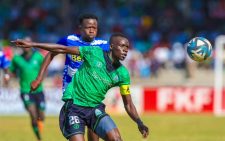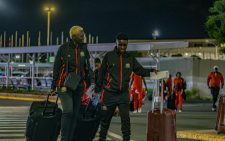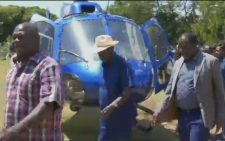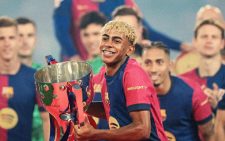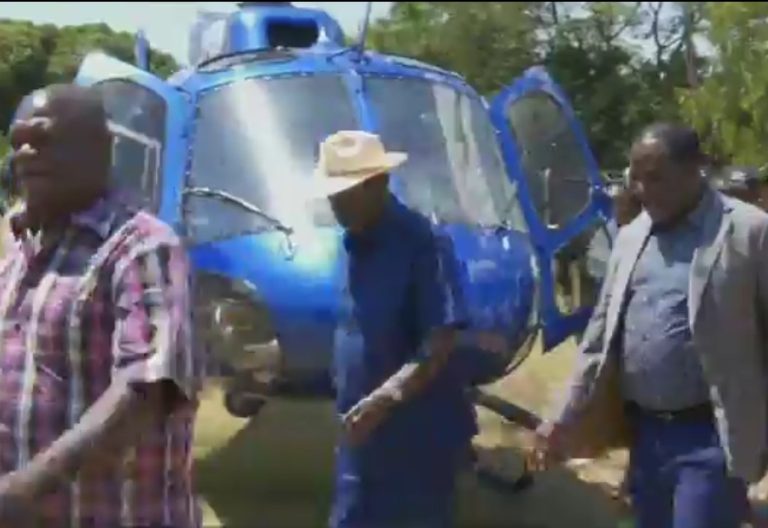Why nominations pose headache for Ruto, Raila
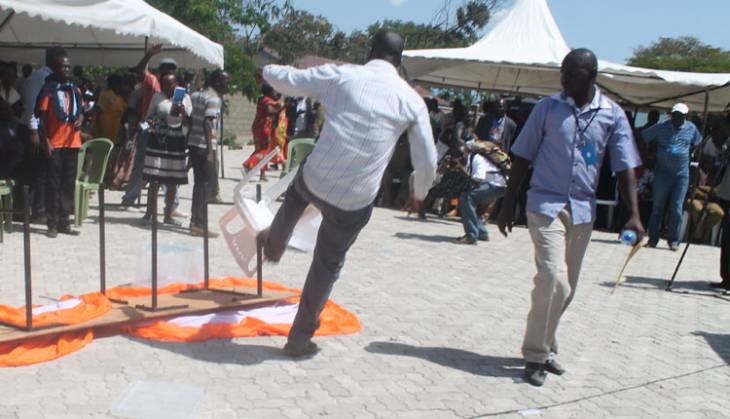
The 2022 presidential race front-runners Deputy President William Ruto and Orange party leader Raila Odinga face an uphill task in managing party primaries.
Arch-rivals, who have a huge following with politicians eyeing various seats on parties they lead, will have to spend money to fund nominations or use alternative means of picking candidates amid fears of possible fallouts.
Although both are seen to have well-oiled machinery to hunt for votes across the country, the biggest headache is to conduct free, fair, transparent and verifiable nominations for the August 22 polls.
One of the biggest nightmares is to ensure they have enough funds to conduct the exercise, which is normally acrimonious and leads to fallouts.
Conducting competitive primaries for Ward Reps, Member of Parliament, Woman Rep and governor is estimated to cost at least Sh20 billion, according to ODM Secretary-General Edwin Sifuna.
Sifuna has listed personnel, materials, security, transport, logistics and communication as key components in tabulating the cost of conducting credible nominations using the secret ballot.
“If ODM were to conduct nominations across the country using secret ballot, it will require at least half the amount of money the electoral commission is asking to conduct the General Election,” said Sifuna.
He added: “Our members should know that the party does not have that kind of money. But if they can give me the money, I will ensure nominations by secret ballot are done.”
Membership card
For instance, in the run-up to the 2017 polls, Jubilee party had issued its members with a membership card to enable them participate in the primaries but they abandoned the idea after chaos, rigging and voter bribery accusations emerged.
Elections Observers Group (ELOG) National Coordinator Mule Musau observed that the dominant political parties; Jubilee, ODM and the United Democratic Alliance (UDA) have no financial or logistical capacity to conduct free, fair, credible and transparent nominations.
“One of the biggest issues in conducting party primaries by political parties is resources. What they do even where they are dominant is a modicum of election but not quality elections,” said Musau.
Musau further argues that apart from resources, the National Elections Boards (NEBs) of the political parties are not professionally constituted.
“The reason why party primaries are a sham is because the elections boards are appointed by party leaders. Professionals do not run those boards because very few of them or none has ever managed any elections. They, therefore, just look for short roots,” he said.
Amani National Congress (ANC) Secretary General Simon Gikuru also ruled out the possibility of using the secret ballot to pick candidates.
Secret ballot
Gikuru instead charged that ANC will use consensus, direct nominations, appointment, interviews – and secret ballot as the last resort.
“We have several ways of picking our candidates to contest in the General Election. We encourage consensus, direct nomination, appointment and interviews. We only use secret ballot as the last resort.
We will have a budget but secret ballot is not our first priority,” he said.
In their research titled ‘The cost of politics in Kenya; Implications for Political Participation and Development’, Karuti Kanyinga and Tom Mboya opine that party primaries have traditionally been hotly contested affairs in the country.
“These processes can be more important, more competitive, and thus more expensive than the General Election.
This is a result of the prevailing political culture whereby a ticket from a dominant party could proffer a distinct advantage by dint of ethno-regional support,” says the duo in their report.
The lessons learned from previous nominations have perhaps made the Raila Odinga-led Orange party to use opinion polls in some areas to get candidates who will fly its flag in next year’s polls.
Raila said while the ODM constitution allows the party to issue direct nominations, they will only do so once they establish through various mechanisms who the most popular aspirant is.
“The party has the ability to issue direct nominations. This will be done after an opinion poll is conducted to establish who the most popular candidate is,” said Raila.
In the months leading up to the 2013 elections, the National Treasury allocated the Independent Electoral and Boundaries Commission Sh36 billion.
The election cost per voter was Sh2,500 in a year that had 14.4 million registered voters.
In the 2017 election, IEBC received Sh49.9 billion, making it one of the most expensive elections globally.
In August this year, IEBC declared that it will need Sh40.9 billion to conduct the 2022 polls with Sh40.3 billion being directed on activities around the elections and Sh588 million to be spent on procuring items for Covid-19 prevention protocols.
Sifuna said already ODM has started picking its popular candidates to various seats, adding that the party advocates for consensus, then opinion polls, delegates system and lastly universal suffrage by bona fide registered members.
He, however, ruled out secret ballot, saying the cost is prohibitive and in the event the party will use universal suffrage; secret ballot will still not be used.
COastal region
In October, Ruto moved to quell divisions that had emerged in his UDA party within the coastal region and promised fair nominations.
“It is going to be a win-win race. Those who lose in the party primaries will be considered for nominations in the order of their performance,” the DP said.
“National political parties are the ultimate guarantee for democracy, unity and development. UDA is building a tribeless and equal-opportunity mass party that will take Kenya forward.
It is in the Hustler movement that our hard work and determination will count, and not who we know,” Ruto added.
Already cracks have started emerging in UDA as gubernatorial aspirants in his North Rift backyard quarrel.
In Uasin Gishu, for instance, those in the race to succeed Governor Jackson Mandago include Ruto’s ally Soy MP Caleb Kositany and local politician Jonathan Bii alias Chelilim.
